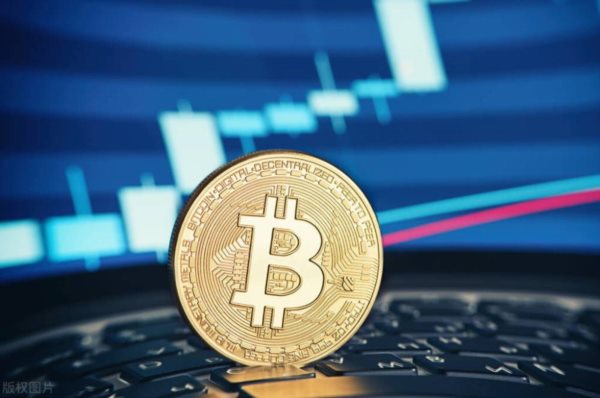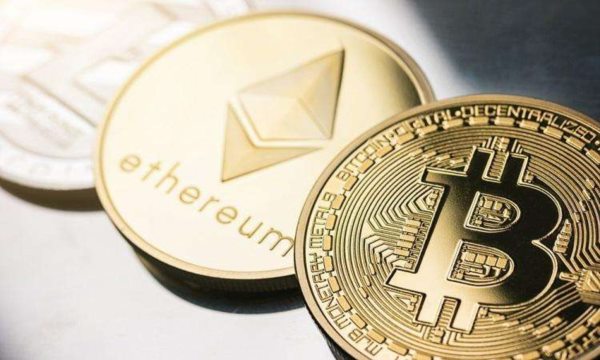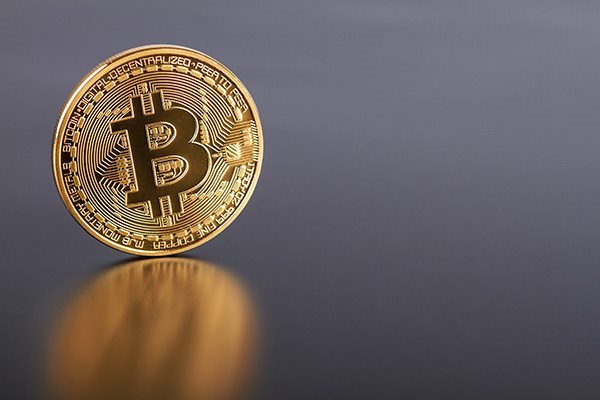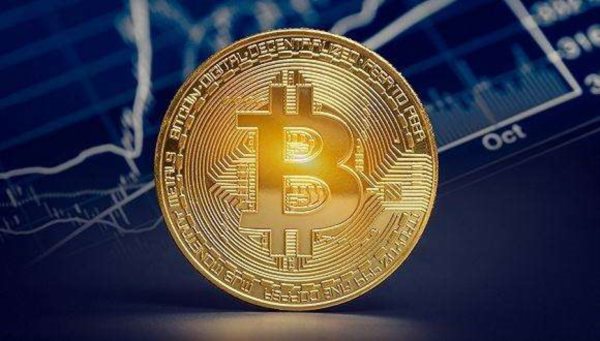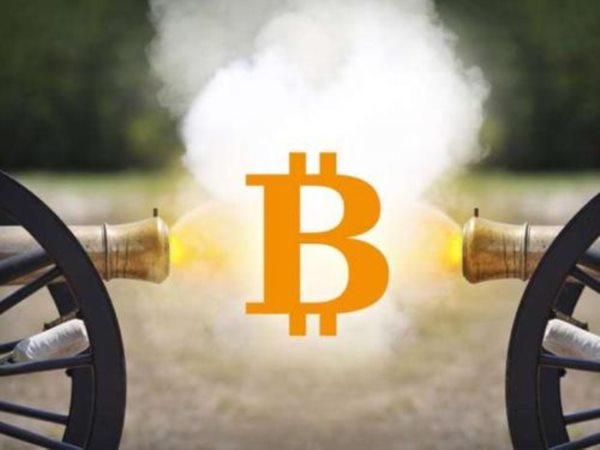时间:2024-02-08|浏览:281

用戶喜愛的交易所

已有账号登陆后会弹出下载
On September 24, 2021, ten departments including the central bank jointly issued the "Notice on Further Preventing and Dealing with the Risks of Speculation in Virtual Currency Transactions (hereinafter referred to as the "924 Notice"). Some of the views in this article will be elaborated in conjunction with the relevant spirit of the 924 Notice. Relatedly, at present, suspected crimes in the currency circle have attracted more and more attention from the case-handling agencies. As a link in the transaction of legal currency and digital currency, the currency circle OTC is more easily discovered in the entire criminal chain and is at the front end of the entire case. Due to the limited understanding of the currency industry by the case-handling agencies, OTC merchants often know nothing about the law. The resulting information gap and poor understanding have led to the number of OTC merchants who have been "accidentally injured". Therefore, in the defense of OTC suspected of committing a crime of trust in the currency circle, we must focus on the legality of the OTC behavior and whether the suspect has criminal intention to defend the innocence. At the same time, for those who do constitute a crime, the crime of trust based on the Considering that it is a misdemeanor, we should make a defense of misdemeanor based on the specific crime circumstances, social harm, etc., and strive for non-prosecution and the use of suspended sentences. At the same time, criminal reverse services such as property disposal and rights protection that are not involved in the case also run through the defense work.
1. Although the behavior of OTC in the currency circle is an illegal financial activity, it is not equivalent to a crime.
The OTC behavior in the currency circle is habitually called "over-the-counter transaction". Its essence is the exchange of legal currency and digital currency. In a word, it means handing over money with one hand and handing over currency with the other hand. Because "over-the-counter transaction" is This customary term has led to many misunderstandings among the case-handling agencies. Many case-handling personnel do not understand the currency industry and relevant laws, regulations and departmental regulations. When they hear the word "off-site", they preconceptions that OTC's behavior is illegal and unfair. legitimacy, so it is necessary to clarify relevant legal regulatory issues.
First, normal personal OTC behavior can only be considered illegal financial activities at best. In previous relevant documents, they all made negative evaluations of the OTC behavior of institutions, and did not explicitly prohibit individuals from engaging in transactions in legal currency and virtual digital currencies. According to the 924 notice, "Illegal financial activities such as legal currency and virtual currency exchange business... are strictly prohibited and resolutely banned in accordance with the law. Those who carry out relevant illegal financial activities that constitute a crime will be investigated for criminal liability in accordance with the law." In the notice, relevant statements No subject has been added before. From a cautious point of view, it should be considered that individuals engaging in OTC activities are considered illegal financial activities. However, at the same time, the notice also contains the statement "Those who constitute a crime will be investigated for criminal liability in accordance with the law." That is to say, for Normal and ordinary personal OTC behavior should at most be evaluated in terms of general illegality. As a departmental regulation, the 924 Notice can only be used as a prerequisite for constituting a crime, but cannot be the basis for determining a crime. It also needs to be combined with all subjective and objective elements. review.
Second, individual OTCs should not evaluate the nature of behavior based on "off-site" and "on-site" criteria. The so-called "on-exchange transactions" refer to transactions between individuals and the trading platform, while "over-the-counter transactions" refer to transactions between individuals who are separated from the trading platform. What needs to be made clear is that currently there is no “on-market trading” in our country! Before the 94 Announcement, individuals and trading platforms could engage in legal currency transactions. For example, if a buyer wanted to purchase virtual digital currency, he only needed to pay the legal digital Huobi to the platform, and the trading platform would pay the corresponding virtual digital currency to the buyer. This is floor trading. The 94 Announcement comprehensively prohibited this behavior, but it did not prohibit fiat currency transactions between individuals. Therefore, after the 94 Announcement, trading platforms can no longer engage in fiat currency transactions with individuals. The current trading platform widely adopts a matching mechanism. For example, if a buyer wants to buy virtual digital currency, the platform will "introduce" all sellers who want to sell virtual digital currency to the buyer, and the buyer will transfer the legal currency offline through the bank or WeChat or Alipay. Transfer the money to the seller. After receiving the money, the online seller will confirm with the trading platform. After confirmation, the trading platform will put the seller's virtual digital currency into the buyer's "wallet". This concludes a legal currency transaction. Summary For example, from an offline perspective, the buyer gives the seller a sum of legal currency. From an online perspective, the seller gives the buyer a sum of virtual digital currency. During the entire process, the trading platform does not participate in the transaction and does not charge any handling fees. , in essence, the trading platform is not involved. Even if it is matched by the trading platform, it is still an over-the-counter transaction in nature. This is no different from "paying money with one hand and coins with the other" between individuals. Therefore, when determining whether an individual's OTC behavior constitutes a crime, especially whether it constitutes "knowingly" subjectively, it should not be distinguished by "off-site" or "on-site", but should be based on transaction price, transaction volume, KYC review, Comprehensive identification of chat records and other related situations.
Third, whether individuals engaging in legal currency transactions falls within the scope regulated by Notice 924 still requires further explanation from relevant departments. Previous documents stated that "virtual currency is a specific virtual commodity", and Notice 924 did not deny this. However, according to the requirements of Notice 924, individuals can neither engage in legal currency transactions nor currency transactions, so it has The most compliant way to do some virtual digital currencies is to hoard them. This obviously conflicts with the previous positioning of virtual digital currencies as specific virtual commodities. Therefore, if personal legal currency transactions are completely prohibited, does it violate higher standards? level of laws or administrative regulations? At the same time, the 924 notice mentioned "carrying out the exchange business between legal currency and virtual currency, and the exchange business between virtual currencies." Does general currency-to-crypto transactions and legal currency transactions between virtual digital currency enthusiasts count as engaging in a "business"? In particular, can currency transactions between players be considered a civil act of bartering? It also needs to be clarified through explanations from relevant departments or relevant judicial precedents.
2. Innocence defense ideas for currency circle OTC suspected of helping people commit crimes
"Amendment to the Criminal Law (9)" adds the crime of assisting information network criminal activities, that is, knowingly providing others with technical support such as Internet access, server hosting, network storage, communication transmission, etc. for committing crimes by knowingly using information networks to commit crimes, or providing advertising promotion Helping behaviors such as payment and settlement are independently criminalized. In the criminal law academic community, the crime of helping and trusting is considered to be the principal offender of an accomplice. The author believes that in the practice of defense, the currency circle OTC is suspected of helping the crime, which mainly involves the helping behavior of "payment and settlement". The focus of the innocence defense for the crime of helping the letter mainly focuses on whether the criminal suspect is "knowingly", that is, whether the criminal suspect There is subjective intention to commit a crime. For the case-handling agencies, their preconception of guilt will lead to discrepancies between the confessions of some suspects and the actual situation, or they may be induced to make statements such as "I roughly know the source of the money." "Unjustified" is a confession in which the suspect thinks "nothing is wrong" but can actually be found to have subjective criminal intent. Therefore, the defender should combine the following specific circumstances to defend the suspect's lack of criminal intent.
The first is whether individual OTC merchants have fulfilled sufficient KYC obligations. During the transaction process, individual OTC merchants should first clarify who the transaction partner is. It is not enough to know who the transaction partner is. It is also necessary to determine whether the transaction person and the bank card holder are consistent. In practice in the currency circle, video authentication is usually adopted, that is, the other party is r

